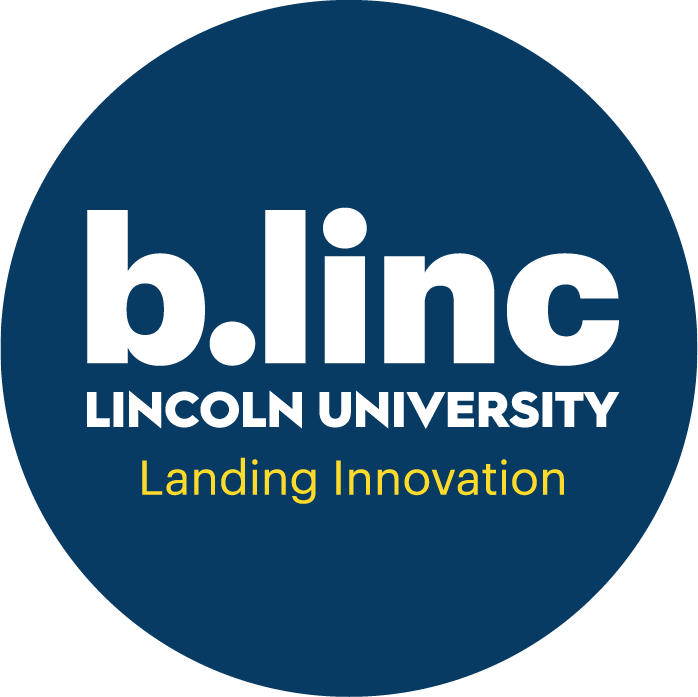We’re trialling out a new networking element at the end of this event - so we’re offering virtual tickets for FREE!! Make sure you don’t miss out, register for your ticket today to be sent the log-in and password information required to join.
Banks Peninsula is one of New Zealand's most unique landforms. With endless hills, bays and hidden bush, this is Nature's Playground right on Christchurch's doorstep. Containing a diverse range of habitats including original podocarp forests, volcanic rock outcrops, Lake Forsyth and hundreds of kilometres of rocky coastline and sheltered harbours, supporting biodiversity in this region is incredibly important.
In 2020 more than $100,000 of Immediate Steps Biodiversity funding was spread across four community-led projects to help local people protect and enhance their environment. Together, the projects will protect native bush, streams and gullies; and enhance native species and their habitat, while improving water quality in the zone. So we can we expect to see happening there and what effect will this have on the rest of Canterbury?
Join us to hear from the people working to achieve abundant growth and diversity on the peninsula in the significant environments and ecological niches for native species
Timings:
9.00am : Welcome & introduction from B.linc
9.10am : Keynote address 1 – Keynote address 1 – Lincoln University – Colin Meurk
Define biodiversity and it’s importance in the Banks Peninsula. Explain the theory behind the natural corridors. What are the implications of this for the future.
9.30am: Keynote address 2 – Bank Peninsula Conservation Trust – Penny Carnaby
Explain BPCT’s plans to achieve more biodiversity on the Banks Peninsula. Share details of the community-led projects and what we can expect to see in ten years.
9:50am : Keynote address 3 – Pohatu Penguins- Shireen Helps
Share about the conservation work you have carried out in the Banks Peninsula – what has driven you to undertake this important work and what do you see the future of planting on the Banks Peninsula looking like?
10.10am : Panel discussion/Interactive Q&A session with audience
10.30am : Speaking finishes, networking in breakout rooms
11.00am : Event finishes
Our speakers
Dr Colin Meurk, Lincoln University
Dr Colin Meurk, at Manaaki Whenua, Canterbury and Lincoln Universities, has theoretical and participant interests in biogeography, ecological restoration and design, landscape function, urban ecology and biophilia, subantarctic islands, conservation biology, citizen science (https://inaturalist.nz/), people-nature connectivity, and ‘futures’ solutions (http://cwea.org.nz/lectures.php#topline). Colin is on numerous councils, trusts, advisory and steering groups (ECan Biosecurity), for urban great walks, eco-literacy, and student liaison. He has received a Christchurch Civic Award, Loder Cup, Ecology in Action Award (NZ Ecological Society), Golden Foot Award ( http://christchurch360trail.org.nz/), supreme Horticultural Design award (2012 Ellerslie International Flower Show), and most recently an ONZM.
Penny Carnaby, Banks Peninsula Conservation Trust
Penny is an enthusiastic Banks Peninsula resident with homes in Lyttelton, Holmes Bay, and a shared place at Otanerito. She has been supporting conservation projects on the Peninsula for over 30 years and has recently signed a BPCT Conservation Covenant Deed protecting the biodiversity found at their Holmes Bay property in perpetuity.
In her professional life Penny was the National Librarian and CEO of the National Library of NZ, Te Puna Matauranga o Aotearoa, 2003-2010 . She was also University Librarian at Macquarie University in Sydney and Professor of Digital Knowledge Systems and University Librarian at Lincoln University.
Shireen Helps, Owner and Founder, Pohatu Penguins
Shireen is a fourth generation farmer on Banks peninsula. When Shireen and her husband moved to Pohatu there were heaps of penguins, but as the years rolled on they discovered that the populations were dropping all around the peninsula and that they were lucky to have some left. They decided to do something. A quick look around the hills and they realized that the main reason for the population decrease was the introduction of land predators such as ferrets and stoats. They began the laborious job of trapping. Many traps are set high above the hills in thick bush – it’s not an easy job! After a few years of diligent trapping and other conservation efforts they saw the penguin colony double. Along with predation, human disturbances can also disturb and impact the penguins. In order to minimize human disturbances they began running penguin tours so that they could show people these beautiful creatures, but in a controlled environment to minimize impact. And to these day these tours also directly fund the much needed revenue to continue their conservation work.
Click here to see more events



